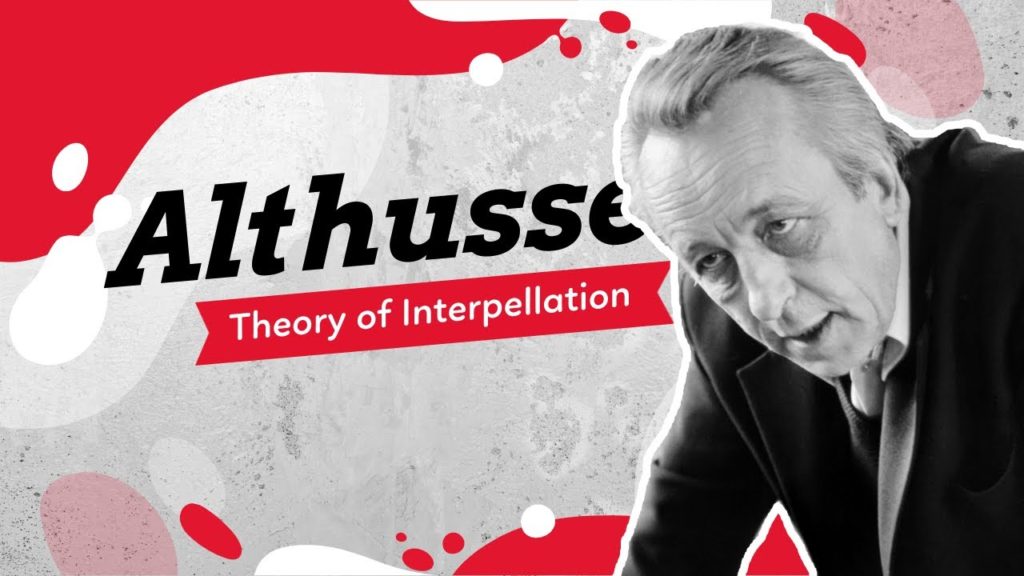4. Cultivation Theory – effects over time . . .

George Gerbner, Larry Gross and others worked on a large-scale, positivist, in-depth, longitudinal study into the effects of television, which started in 1975. Looking primarily at the relationship between violence on television and violence in society. They developed what is known as CULTIVATION THEORY, noting the distinct characteristics of television in relation to other media forms, they suggest that ‘television cultivates from infancy the very predispositions and preferences that used to be acquired from other primary sources‘ (Gerbner et al 1986). In other words, television shapes the way individuals within society think and relate to each other. However, the research also notes that the effects of television are limited and as such, the overall position is that ‘watching television doesn’t cause a particular behavior, but instead watching television over time adds up to our perception of the world around us‘ (cited in West, 2014).
More pertinently, Gerbner and Gross assert that ‘television’s major cultural function is to stabilize social patterns and to cultivate resistance to change‘ (1978: 115). In other words, they assert the power of television to modify behaviour in support of the dominant structures of society.
Conformity and/or the persuasive forms of social control
At this point it is again worth referring back to the ideas of Noam Chomsky, who was in direct opposition to the work carried out by B. F. Skinner (read his well known response to Skinner in the New York Times from 1971).
As has been previously highlighted in this post, Chomsky was very clear that the media operated to support the dominant interests (mainly big business and the political elite) to ‘manufacture consent‘.
It is also worth noting the work of Louis Althusser as at this particular time, he was concerned to raise the idea that the State asserted power and control through a number of key agencies and structures, which he calledIDEOLOGICAL STATE APPRATUSES (ISA’s), which he saw as deliberating working in the interests of State power to modify individual behaviours. Alongside prison, psychiatric hospitals, schools and families, Althusser was also critical of the role and function of the media, which he saw as working within and for the dominant interests of society – often at a subtle level of interaction, which audiences may not even be aware of – so again an invidious transmission of information produced for a specific set of messaging. So perhaps the hypodermic model as a lived-in experience? Althusser illustrates this with the concept of “hailing” or “interpellation” a process which calls individuals into a network of (dominant) ideological values, attitudes and beliefs.


